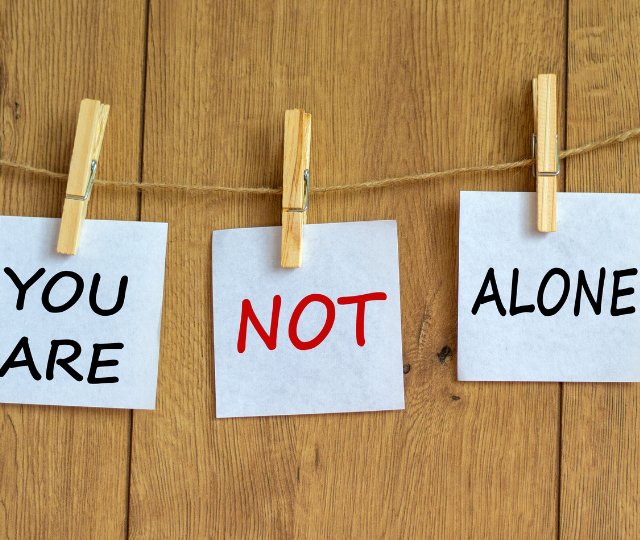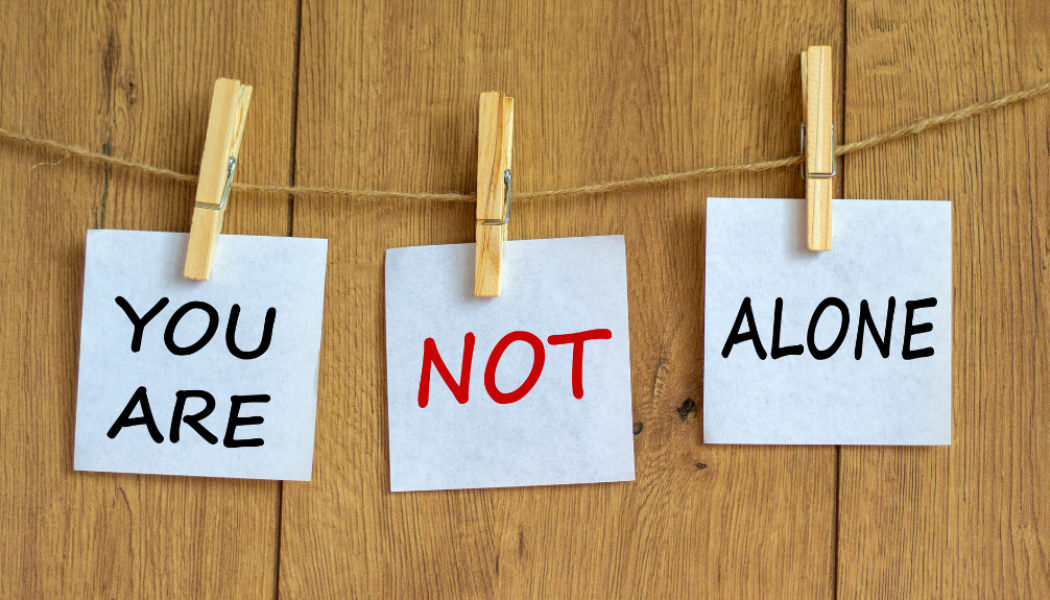If you or someone you know is struggling with mental health or substance use issues, know you’re not alone. Interior Health offers support and helpful resources across the Interior region.
How, when and where you access mental health and substance use services depends on:
- Your age
- Where you live
- Where you are in your mental health and/or substance use journey
If you identify as Indigenous, we also have services and supports uniquely tailored to you.















